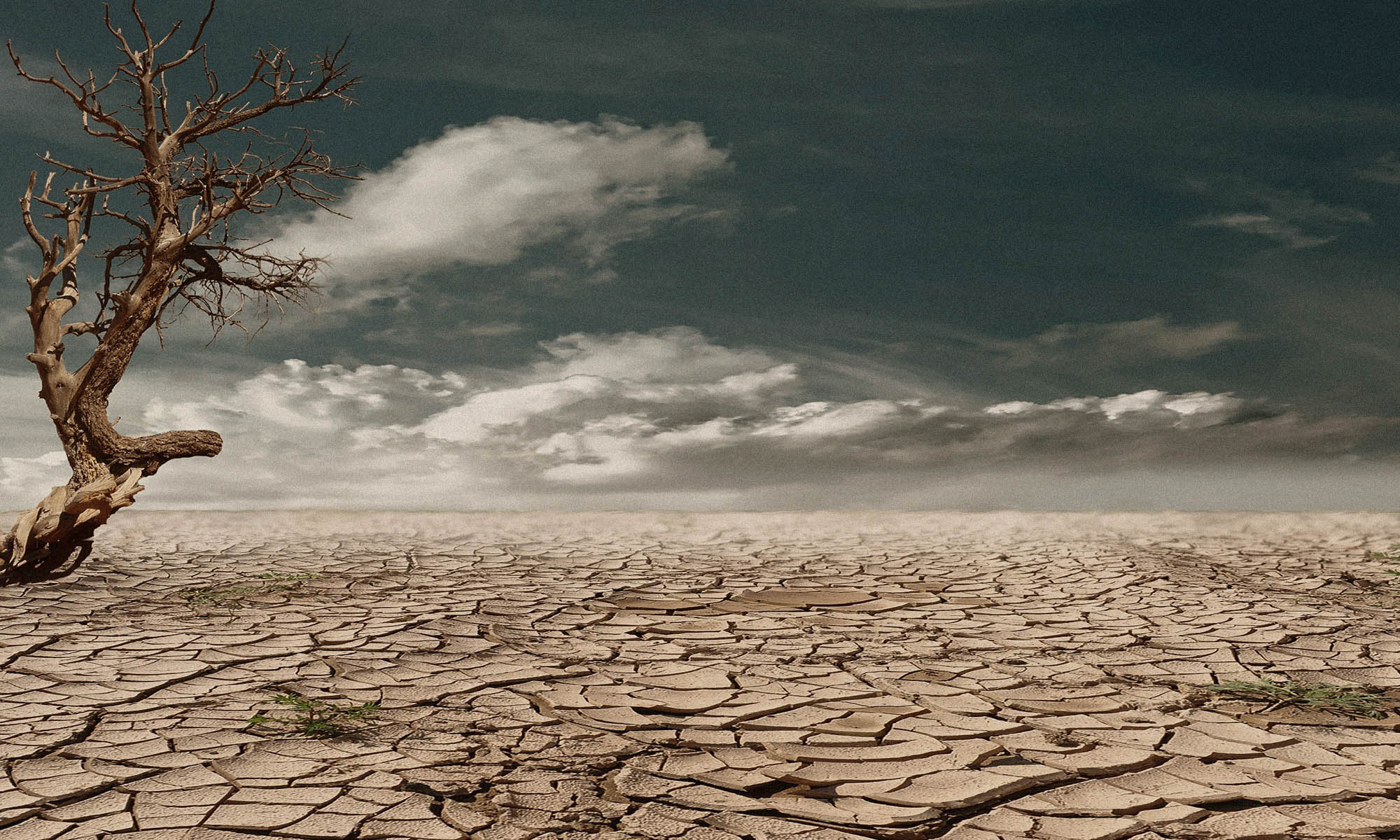These are the main concerns of the Kenyan youths as per the Kenyan Youth Strategy Meeting for Rio+20 Summit held in nairobi on the 13th and 14th October, 2011 at the UN complex, Gigiri.
Preamble
We, the delegates to the Kenyan Youth Strategy Meeting for Rio +20 at the United Nations Complex at Gigiri, Nairobi:
Acknowledge the African indigenous knowledge of the sacred value of the environment to biodiversity well-being.
Commit to promote innovations that will develop a green economy and promote the eradication of poverty.
Take note of the past declarations towards environmental sustainability both at the African and Global level, there is an urgent need for structural and infrastructural interventions in policy formulation, implementation and evaluation.
Recognize the current global environmental challenges, particularly climate change, which impact our common future and wellbeing, we commit ourselves to support of the following mechanisms:
- Good governance and transformative leadership.
- Promote Education, information exchange, communication and awareness
- Achieve sustainable agricultural practices to reduce hunger, starvation and enhance food security.
- Advocate for the development and implementation of sustainable development policies towards a Green Economy.
- Invest in and promote eco-friendly entrepreneurship and job creation.
- Attain sustainable green cities and villages.
- Promote public engagement and participation through culture and volunteerism.
- Promote Youth Development and capacity building
Download the Full Version of the Nairobi Declaration here: Nairobi Declaration 2



You must be logged in to post a comment.